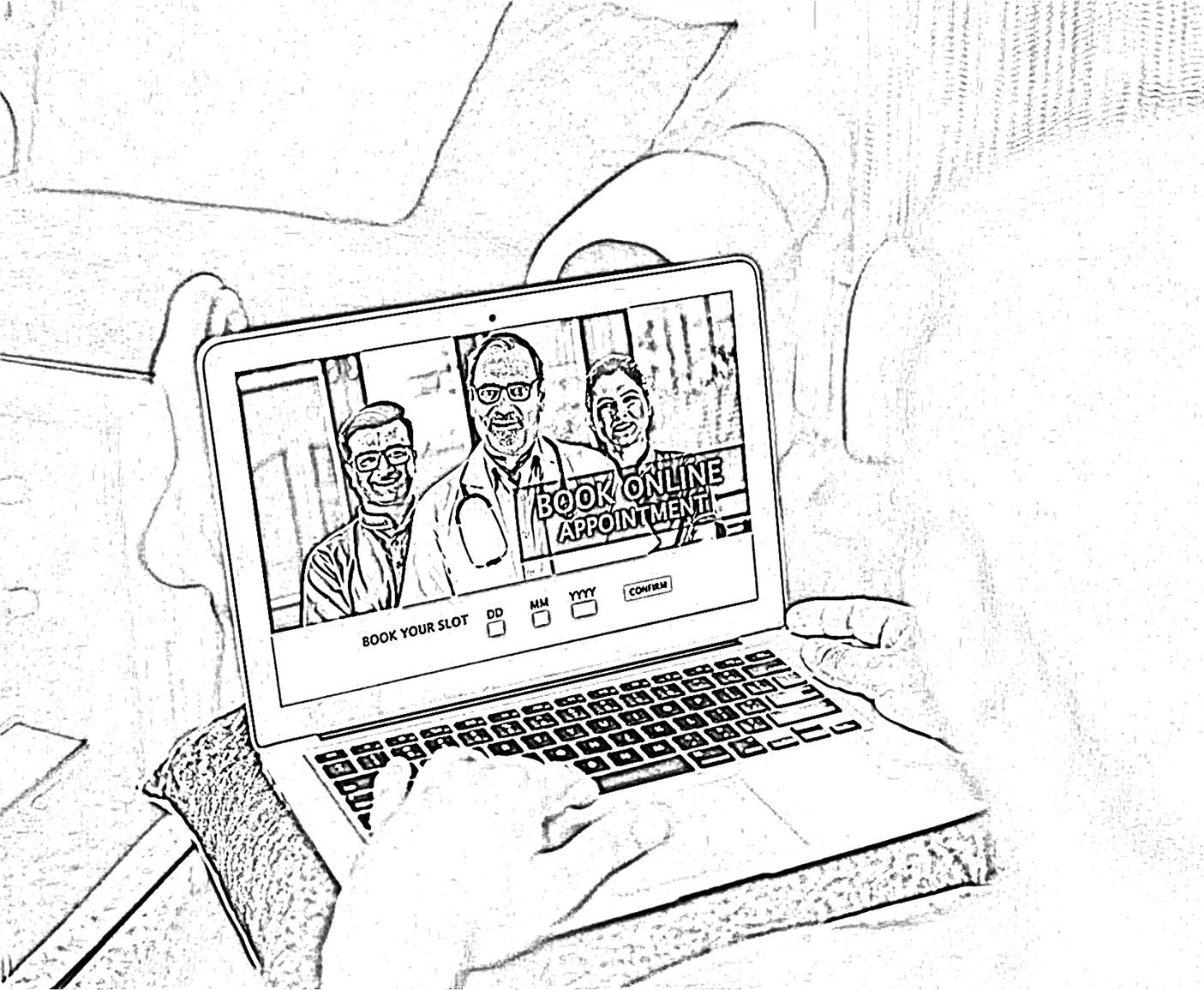
Changing behaviours of Indian healthcare consumer from group escapism to individual escapism
It's possible that the behaviour of Indian healthcare consumers has shifted from group escapism to individual escapism in recent years. Group escapism refers to the tendency of people to seek out healthcare services as a group, often with the support and guidance of family members or community leaders. Individual escapism, on the other hand, refers to the tendency of people to seek out healthcare services independently, without the support or guidance of others.
There are several factors that may have contributed to this shift in behavior among Indian healthcare consumers. One possible factor is the increasing access to information and resources through the internet and social media. This may have empowered individuals to take a more active role in their own healthcare and seek out information and services independently.
Another possible factor is the increasing prevalence of chronic health conditions, such as diabetes and heart disease, in India. These conditions often require ongoing management and self-care, which may encourage individuals to take a more proactive approach to their healthcare.
Finally, the increasing urbanization of India may also be contributing to the shift from group to individual escapism. As people move to urban areas, they may be more likely to rely on their own resources and seek out healthcare services independently, rather than relying on the support of family or community.
Overall, it's important for healthcare providers in India to be aware of these changing behaviours and to adapt their marketing and outreach efforts accordingly. This may involve offering more resources and support for individuals seeking healthcare services independently, as well as continuing to serve the needs of those who prefer a more group-oriented approach.
